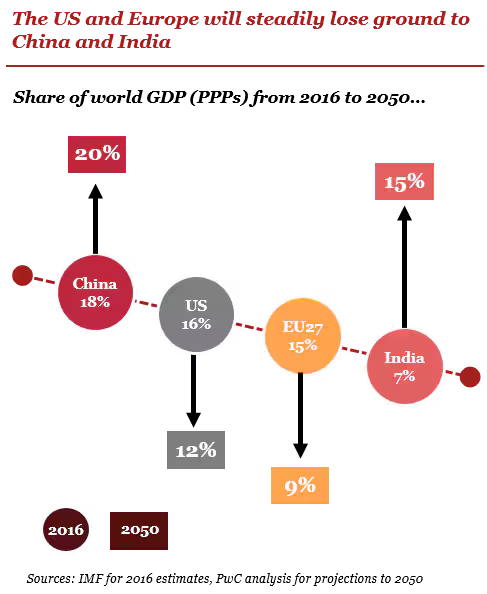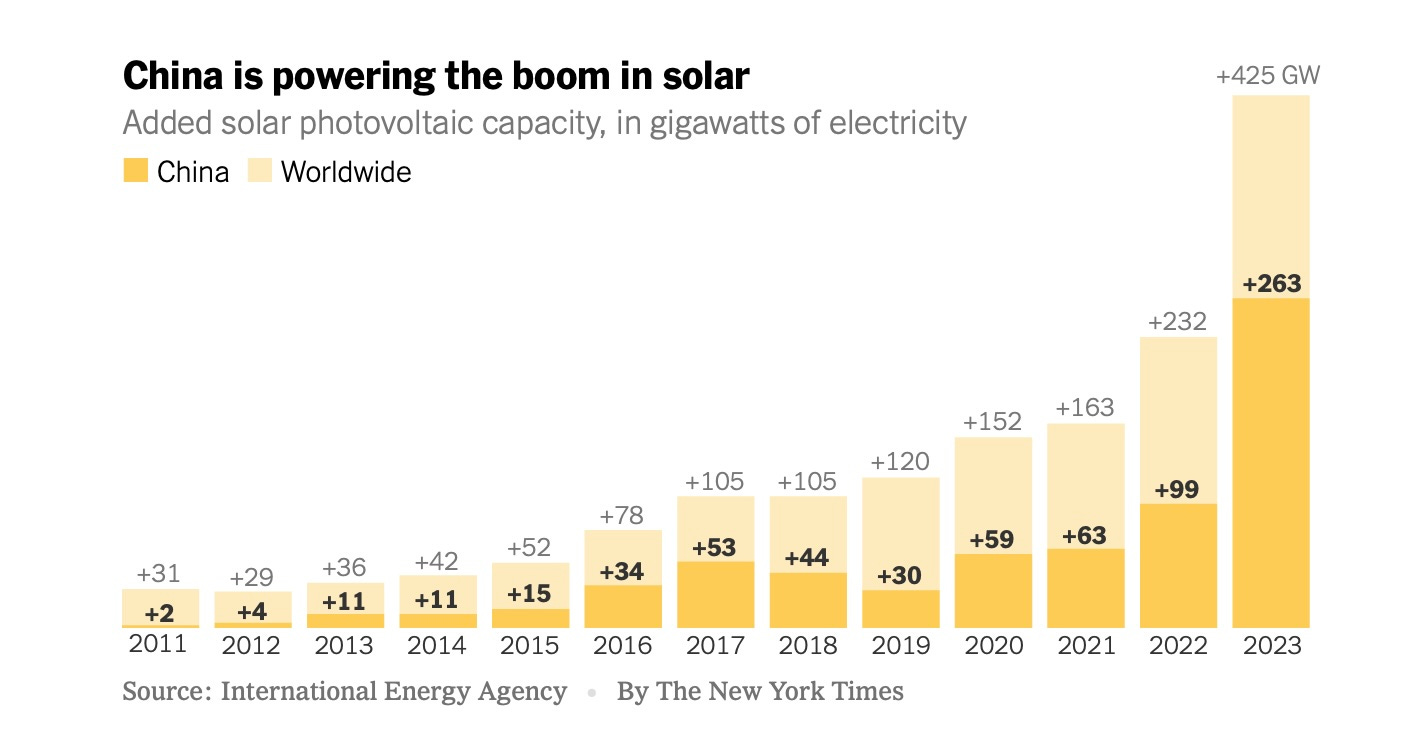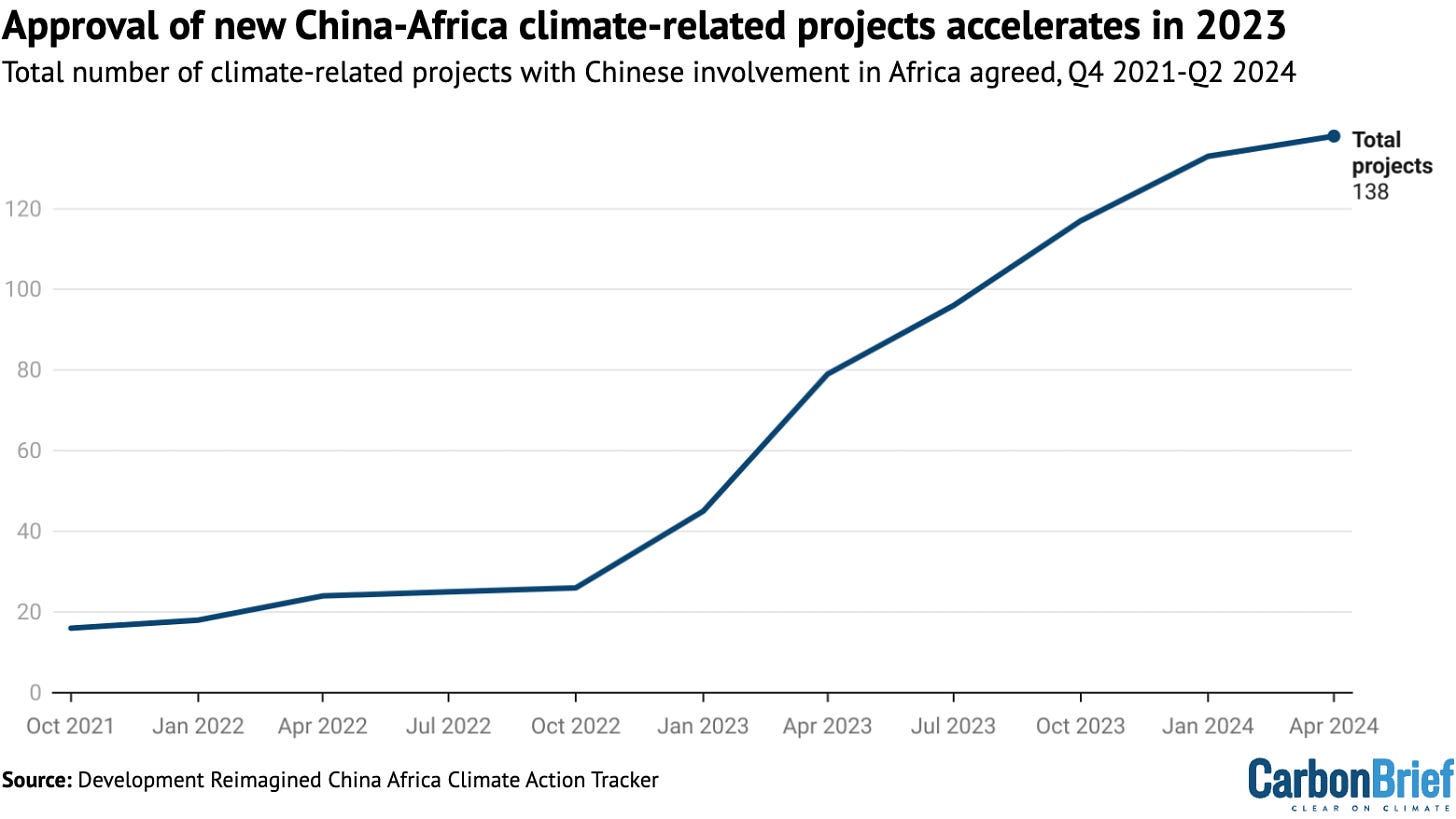China continues to hit 'em where we ain't
As a North-South integrating force right now, China has no peer
The inspiration:
William “Wee Willie” Keeler was a right fielder in Major League Baseball who played from 1892 to 1910. Keeler had the motto “keep your eye clear and hit 'em where they ain't” - which he did. Keeler compiled 13 straight seasons in which he batted over . 300 and his team won three straight pennants from 1894 to 1896.
“Place-hitter” is pretty much a term invented for Keeler: show him 9 guys arrayed on a field and his whole purpose as a batter was to place the hit ball wherever they weren’t (or “ain’t” as he liked to say).
This is the underlying problem I have with our approach to China, which I sometimes likewise shorthand as “closing the barn door after the horses have all left”: we keep trying to deny China access to this or that tech or government or region, placing our defensive pieces all over the map. And what China does instead is simply hit ’em where we ain’t.
From the brief:
Show me a country America sanctions and China is there.
We think we’ve got a shot at “containing” China and so we sanction, believing that our collective Western market strength (North America+EU) — if we choose to deny someone access (even just partially) — is enough to tame Behaviors X, Y, and Z.
It’s an old and trusted model, but one that carries less punch with each passing year as global economic growth continues to shift from North to South, in addition to its West-to-East shift as of late.
China is just not that into us as it once was.
Instead, China realizes just how vulnerable it is (and will further become) to climate change’s worst devastations.
China is short on arable land and water relative to its food needs. It’s also building up a huge hydrocarbon dependency on the Middle East. It’s also rapidly aging.
Whatever problem you can cite with the US, China’s problems are more intractable.
And so Beijing is aggressively addressing those inescapable futures in a manner that puts the US to shame for its lack of vision.
Set aside the Belt and Road Initiative as the SysAdmin Force of my dreams.
Set aside China’s quantum grand strategy of seeking to win 5G/IoT/AIoT control of the emerging South-centric global majority middle class (and all the Orwellian possibilities of omniveillance over both political and economic activity there).
Even set aside Xi’s stubborn stupidity on preventing what should be China’s embrace of mass consumerism — an avoidance that sees Beijing now attempt the impossible of trying to dominate both high and low-end exports globally (creating resistance from the West on the former and resistance from emerging Southern markets on the latter).
So … two big rights and one massive wrong.
If I’m grading China, it’s a passing one for now, because two outta three ain’t bad.
Meanwhile, the US sticks with its denial strategy, which has us mostly saying “no” to a world that receives only “yes” responses from Beijing.
You want to wire up more profoundly to a digitalizing globalization?
China says yes!
You want a green transition?
China says yes!
Let’s focus on the latter one here, thanks to yet another superb piece from my favorite grand strategic thinker out there today (irony intended) — NYT environment reporter David Wallace-Wells: What Happens if China Stops Trying to Save the World?
The stunning development:
In climate world, something that once seemed almost unthinkable may now be happening. Preliminary data shows that while global carbon emissions are continuing to rise, China’s emissions may already be peaking — the longtime climate villain turning the corner on carbon before the planet as a whole does.
Forecasts like these are not perfectly reliable, but already China has completely rewritten the global green transition story.
Solar is the key example:
How does China accomplish this? From my second, soon-to-be-posted Massive Open Online Course:
Beijing’s focus here is clear: not just to power China’s green transition but, in the process, position China to dominate the associated global industries.
It is working (per Wallace-Wells), relative to the US:
Understand, the relative sizes of our economies aren’t that far off (on a per capita basis, of course, we’re far richer), nor is our landmass (we’re roughly the same geographic size at 9.5-10m square kilometers). So, direct comparisons are legit.
Beyond dominating global industries, China clearly seeks to become the bringer of green transitioning throughout the Global South — an entirely laudable goal and a clever/practical pivot from the BRI’s past fixation on huge infrastructure projects — hence, China now promotes a “leaner and greener” BRI ethos.
Some good coverage of that from the Carbon Brief:
In-depth: China’s finance for African renewables rebounds after two-year lull
Climate cooperation between China and Africa was a key focus of the Forum on China-Africa Cooperation (FOCAC), which concluded on 6 September, when dozens of leaders gathered in Beijing for the three-yearly meeting.
A landmark declaration was issued at the previous FOCAC, held in 2021, that “positioned climate cooperation as an important pillar” of future cooperation. The same year, the Chinese government declared that it would stop funding coal power.
Resulting in this laudable trajectory:
Keep reading with a 7-day free trial
Subscribe to Thomas P.M. Barnett’s Global Throughlines to keep reading this post and get 7 days of free access to the full post archives.









